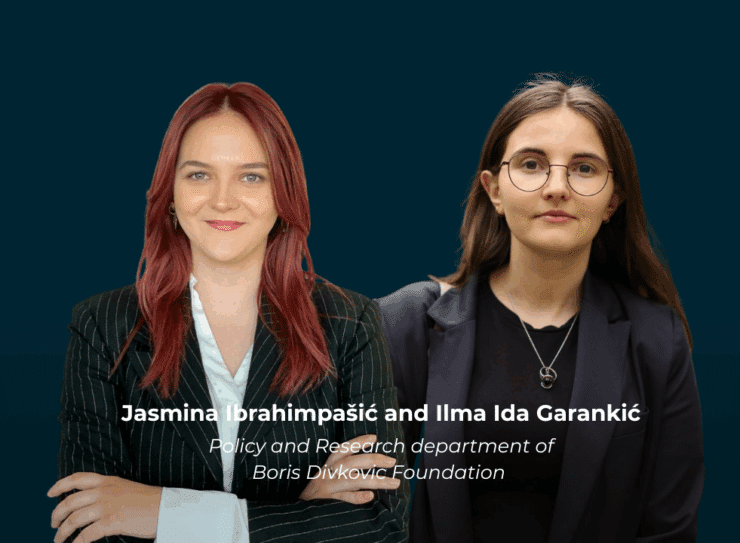6 October 2025
Western Balkans as a Key Strategic Partner in Shaping European Security
With the war in Ukraine, drones flying into NATO territory and ongoing protests in Serbia – just to mention a few relevant examples – we can say that Europe’s security, democracy, and stability are at stake. One of the key panels at the “Rethinking Security on Europe’s Eastern Frontier” conference this year addressed Europe’s security and stability and explored the role that the Western Balkans could play in strengthening the European security architecture.
